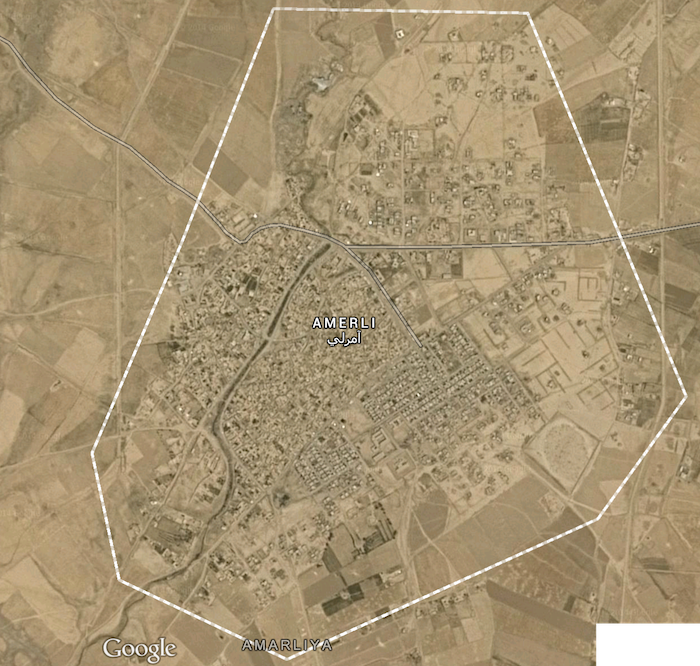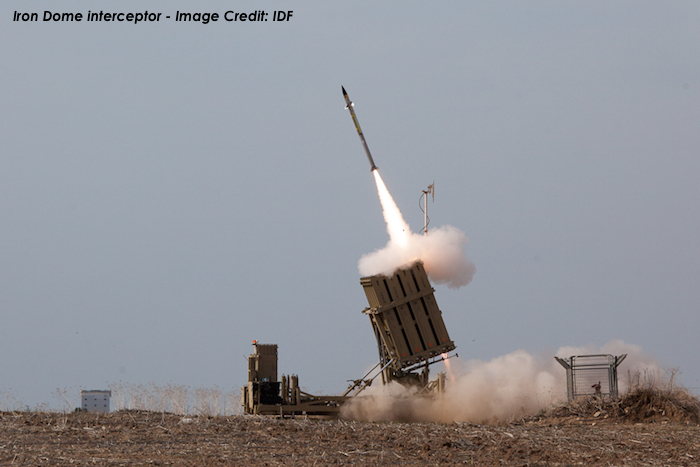A couple weeks ago, the United Arab Emirates Air Force struck targets in Libya’s capital in a surprise attack. According to the Pentagon, this secret operation attacked Islamist militias opposing the Zintan Brigade, which the UAE supports, and it was launched from Egyptian air bases. Both the UAE and Egyptian air forces — which are currently strongly opposed to political Islam and Islamic terrorism in the Middle East and North Africa regions — are trained and armed with American help, but the United States was not expecting or endorsing such an operation.
An Al Jazeera America headline blared an ominous warning: “UAE strikes on Libya stir US fears of a free-for-all in the Middle East”.
American unilateralism in the Middle East (particularly Iraq) combined with our arming and training these military forces to be self-sufficient was pretty much asking for that outcome. We provided the means and the model. They seized the opportunity. Why should we be surprised?
And as former US Ambassador to Saudi Arabia Chas Freeman is quoted in there as saying, Israel’s been doing the same thing for years (unilateral force actions, against US wishes, with US military aid) in its immediate sphere, so why should these other countries restrain themselves against targets that can’t hit back?
“Gulf states and Egypt have seen many instances of Israel doing whatever it wants without us,” Freeman said. “They’re saying, if Israel can use U.S. weapons to defy the U.S. and pursue its own foreign policy objectives, why can’t they?”
Moreover, the US seems to have managed to systematically take out all the restraints and countermeasures that had been delicately balancing the Middle East/North Africa and Southwest Asia regions, without then having a plan for what to replace it with, except more weapons to even more diffused points. And then we’re shocked — just shocked! — to see the house of cards start to fold in on itself in slow-motion. Which is not to say the US should have continued supporting most of those status quo regimes — they are the reason we’re in such a mess of rampant radicalism — but the handling of it from 2001 to present has been catastrophic. There had to have been a better plan to unravel the system than figuratively and sometimes literally carpet-bombing it without a roadmap toward any sort of objective.
Read more





